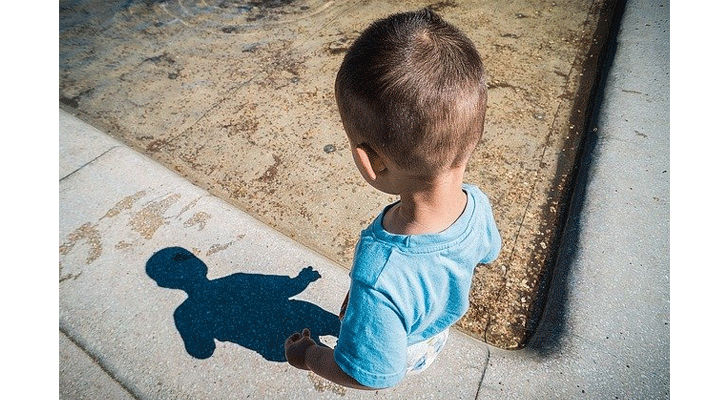
From Nebraska News Connection
By Eric Galatas
LINCOLN, Neb. -- President Joe Biden's proposal to expand the Child Tax Credit would help reduce child poverty and extend the credit to nearly half of all Black and Hispanic children, according to new analysis by the Institute on Taxation and Economic Policy.
Amy Hanauer, executive director for the institute, said the move will help working people in Nebraska who actually pay a larger share of their income in payroll, sales and other state and local taxes, but don't earn enough to pay federal income tax.
"The changes to the Child Tax Credit no longer punish you for being in that situation," Hanauer explained. "And they say, 'OK, your child deserves a credit,' just like any upper-middle-income child would deserve a credit."
Hanauer emphasized expanding access to the cash-back credit, part of the administration's COVID relief plan, would put an additional $2,200 on average into the pockets of 99% of Nebraska families with children. Previously, only wealthy and middle-income families could claim the credit.
Critics warned Biden's relief package would increase the budget deficit and give money to people who are not currently struggling economically.
Hanauer argued lawmakers now opposed to sending $1,400 in direct payments to workers had no concerns about expanding deficits when tax cuts put $50,000 on average into the pockets of America's wealthiest families.
She believes Biden's plan will help struggling families, and state and local economies.
"We're making sure that the poorest people and those who really need it get help," Hanauer contended. "But we're making sure that this is really something that is helping almost all of us. And that will in turn be reinjected right back into the economy, because people have been holding back on spending."
In addition to cash payments and the Child Tax Credit expansion, Biden's plan also calls for increasing the Earned Income Tax Credit.
Hanauer added these three measures would send targeted relief to the bottom 60% of taxpayers, who would see an average benefit of $3,500.




